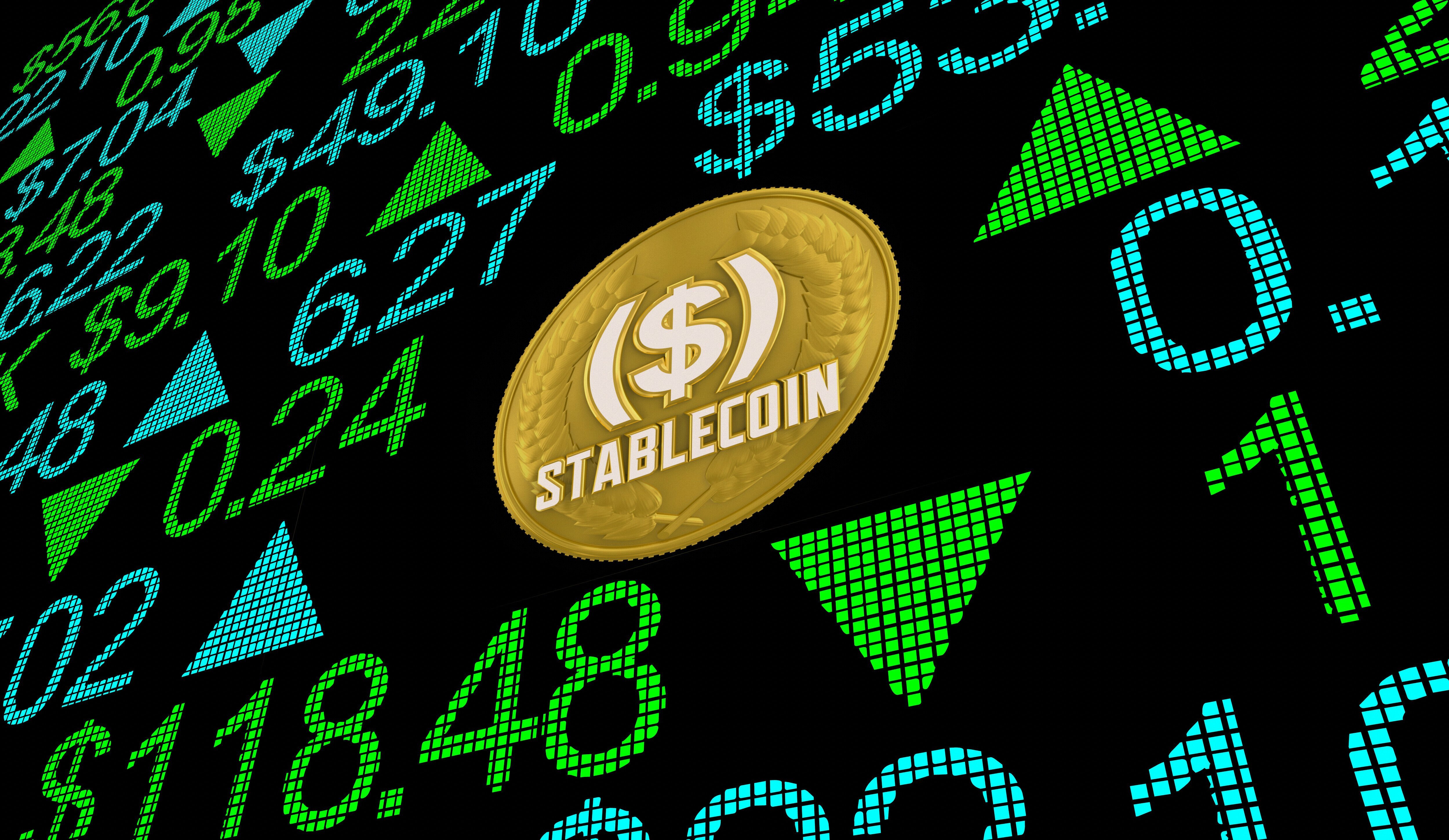
William Quigley, one of the fellow benefactors of Tie (USDT), accepts PayPal's stablecoin will not accomplish remarkable reception, especially outside the US.
"It is profoundly improbable that PayPal will assume a prevailing part in the stablecoin market, unquestionably not beyond the US," Quigley said in a new meeting with Cryptonews.com.
The crypto veteran, who is additionally a fellow benefactor of WAX, one of the world's biggest diversion NFT organizations, contended that stablecoins, similar to all digital currencies, are decided by their presentation across market cycles.
In this way, as another contestant in the crypto space, PayPal's stablecoin will require time to procure the certainty of the crypto local area.
He added that most of existing crypto clients as of now have a couple favored stablecoins.
Back in August, PayPal declared that it is carrying out its PYUSD stablecoin soon.
The dollar-fixed resource is given by Paxos, a blockchain framework firm that used to give Binance USD (BUSD) stablecoin.
The stablecoin market is as of now overwhelmed by Tie, by a long shot the biggest and generally fluid of the dollar-fixed tokens, trailed by Circle's USD Coin (USDC).
Notwithstanding, a still accept PayPal can stir up the stablecoin list of competitors, given its venture into countless wallets all over the planet.
The installments goliath has 420 million clients. What's more, on the off chance that a significant piece of the organization's client base hugs its stablecoin for low-charge exchanges, dealers will go with the same pattern, pushing the stablecoin into standard reception.
Quigley likewise noticed that there would be administrative difficulties for PayPal, adding that "consistence costs stay high in the digital currency market."
“In 5 years, if PayPal is still in the stablecoin business and its fee structure is competitive with other stablecoin providers, we will be able to evaluate the success of the PayPal stablecoin. “
Stablecoins Keep on being the Foundation of Crypto Environment
PayPal's transition to send off a stablecoin comes as these fiat-supported computerized resources stay key to the everyday tasks of the digital money industry, going about as an extension between conventional money and cryptographic forms of money.
"Stablecoins have turned into the underpinning of the digital money market," the Tie fellow benefactor said.
“Stablecoins are the core ingredient in virtually all DeFi applications. Without stablecoins, overall trading volume and liquidity in the crypto market would likely drop 75%.”
Tie, with a market cap surpassing $80 billion, is the most exchanged cryptographic money on the planet and alone records for the greater part of all digital currency exchanging volume.
Inside the main 100 exchanged digital currencies, stablecoins are the most famous and most noteworthy volume exchanging pair as they give a steady vehicle of trade, making it simpler for brokers to execute exchange valuable open doors.
In 2022, stablecoins executed $7.4 trillion worth of exchanges, up from $6 trillion of every 2021, as per information from CoinMetrics.
To place this into viewpoint, the stablecoin area beat down top charge card organizations remembering Mastercard with $2.2 trillion for volume, American Express with $1 trillion in volume, and Find with $200 billion.
Just Visa drove more volume than stable tokens, settling $12 trillion worth of exchanges in 2022.
Tokenized Fiat is What's in store
Quigley said that tokenized fiat, either as stablecoins or national bank computerized monetary standards (CBDCs), is quite possibly of the main improvement throughout the entire existence of cash.
"Hardly any innovation improvements carry such countless advantages with essentially no compromises," the Tie prime supporter said, foreseeing that three or four of the biggest economies on the planet will have tokenized their fiat inside the following several years.
As per the Atlantic Board CBDC tracker, 130 nations, addressing 98% of worldwide Gross domestic product, are at present investigating a CBDC, while 19 of the G20 nations are in the high level phase of their CBDC improvement.
Altogether, 11 nations have completely sent off a CBDC, which incorporate China, The Bahamas, Nigeria, Anguilla, Jamaica, and seven Eastern Caribbean nations.
It is quite significant that the US is among the couple of nations that have no affirmed intends to send off a computerized cash.
Notwithstanding, the nation has been actually pushing ahead on a discount (bank-to-bank) CBDC.
"In the span of 10 years, the greater part of the world's significant economies will utilize a tokenized national bank money," Quigley added, addressing whether the states would permit private stablecoin.
“One question is whether in an age of sovereign issued stablecoins, private issued stablecoins like Tether will be permitted from a regulatory perspective.”
